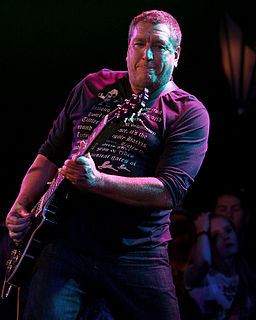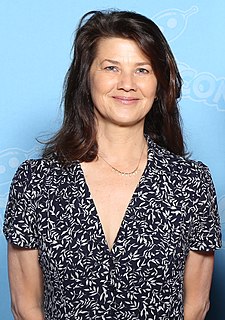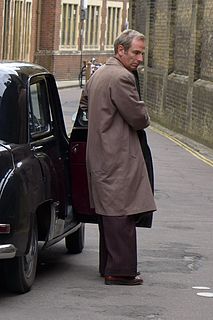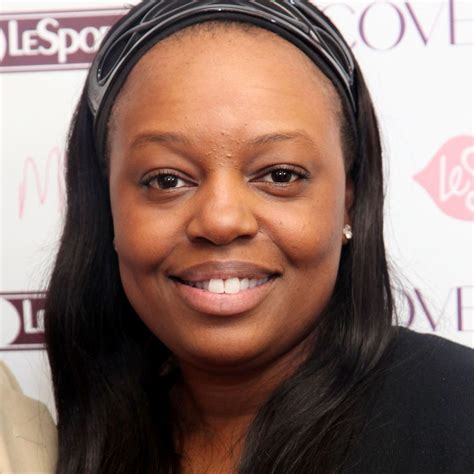A Quote by Al Pacino
When my mother got home from work, she would take me to the movies. It was her way of getting out, and she would take me with her. I'd go home and act all the parts. It had a tremendous influence on my becoming an actor.
Related Quotes
She didn’t understand why it was happening,” he said. “I had to tell her she would die. Her social worker said I had to tell her. I had to tell her she would die, so I told her she was going to heaven. She asked if I would be there, and I said that I would not, not yet. But eventually, she said, and I promised that yes, of course, very soon. And I told her that in the meantime we had great family up there that would take care of her. And she asked me when I would be there, and I told her soon. Twenty-two years ago.
I've been acting since I was a little kid. It was my escape from my day which had to do with a father leaving, and a mother not being home, and her struggling and doing her best and all that. But it wasn't fun. I would go into theater class. If she were a stay-at-home mom, I wouldn't have that discomfort inside that kept me pushing.
When I was doing 'Scarface,' I remember being in love at that time. One of the few times in my life. And I was so glad it was at that time. I would come home and she would tell me about her life that day and all her problems and I remember saying to her, look, you really got me through this picture because I would shed everything when I came home.
She wondered how people would remember her. She had not made enough to spread her wealth around like Carnegie, to erase any sins that had attached to her name, she had failed, she had not reached the golden bough. The liberals would cheer her death. They would light marijuana cigarettes and drive to their sushi restaurants and eat fresh food that had traveled eight thousand miles. They would spend all of supper complaining about people like her, and when they got home their houses would be cold and they'd press a button on a wall to get warm. The whole time complaining about big oil.
Let me explain it to you then. I just had a beautiful girl trust me enough to touch her and see her in a way no one else ever has. I got to hold her and watch her and feel her as she came apart in my arms. It was like nothing else I'd ever experienced. She was breathtaking and she was responding to me. She wanted me. I was the one making her spiral out of control.
The idea of the book ["The Japanese Lover"] came in a conversation that I had with a friend walking in the streets of New York. We were talking about our mothers, and I was telling her how old my mother was, and she was telling me about her mother. Her mother was Jewish, and she said that she was in a retirement home and that she had had a friend for 40 years that was a Japanese gardener. This person had been very important in my friend's upbringing.
Where woman has taken her place in business she has found her method ready-shaped for her, and following that, she does her work,if with a certain amount of monotony, yet without undue fatigue. Her hours are fixed, and as a rule she gets needful change of scene as she goes to her business and returns to her home or the place where she lives. But the "home- maker" has not, nor can she have, any such change, and her hours are always from the rising of the sun beyond the going down of the same.
My mother lived her life through movies and books - she read everything there was to read. And she read to me every night. I never went to sleep without her reading to me. And she fantasized about the book and she would talk about it, the place, and you would think that after she read the book and after she told you stories about it, that she had actually been there. I learned about story from her, and I learned the value of a great story, and the value of great characters.
The earliest influence on me was the movies of the thirties when I was growing up. Those were stories. If you look at them now, you see the development of character and the twists of plot; but essentially they told stories. My mother didn't go to the movies because of a religious promise she made early in her life, and I used to go to movies and come home and tell her the plots of those old Warner Brothers/James Cagney movies, the old romantic love stories. Through these movies that had real characters, I absorbed drama, sense of pacing, and plot.



































